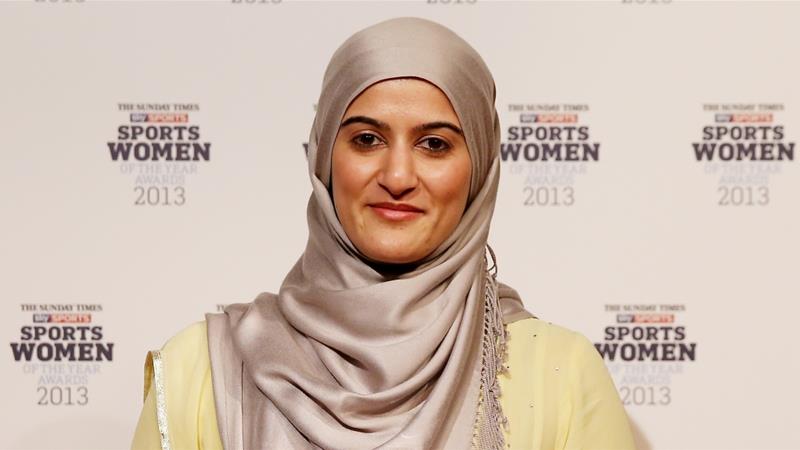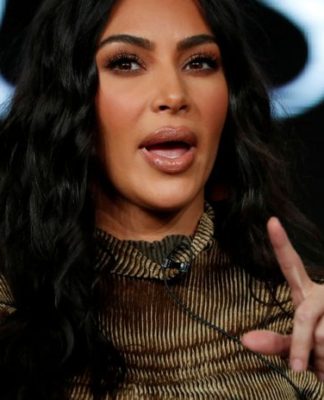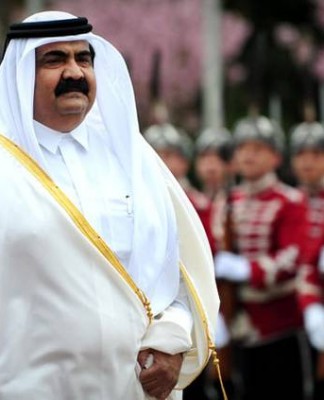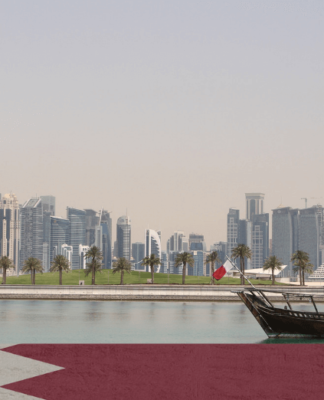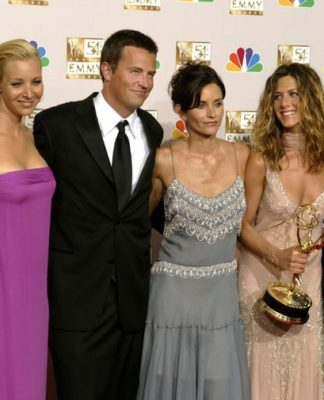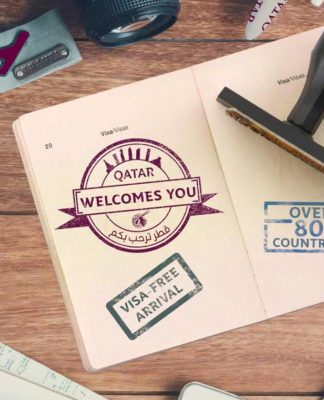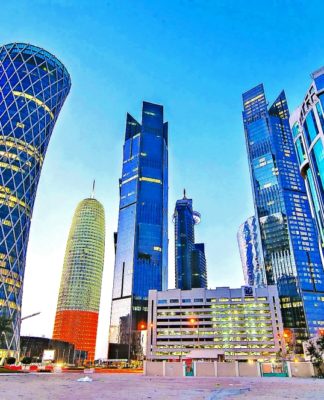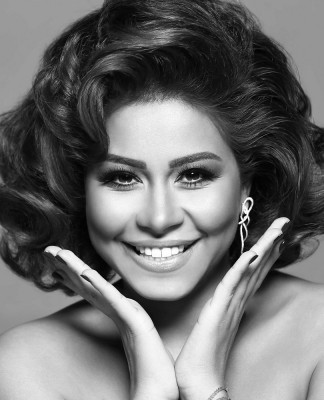Football in the UK still contains biases against minority communities, Rimla Akhtar MBE tells Al Jazeera.
![The beautiful game: Rimla Akhtar on diversity in football Akhtar is the chair of the Muslim Women's Sport Foundation (MWSF) [Scott Heavey/Getty Images]](https://www.aljazeera.com/mritems/imagecache/mbdxxlarge/mritems/Images/2018/4/3/c45a79cf36ae444c803788891a880a30_18.jpg)
Editor’s Note: This article forms part of a series of content being produced for Al Jazeera in association with the launch of its new football podcast, Game of Our Lives.
—
Rimla Akhtar is many things to many people.
As a Member of the Most Excellent Order of the British Empire, Chair of the Muslim Women’s Sport Foundation (MWSF) and the first Muslim woman to sit on the Football Association Council, Akhtar has helped to shape the state of play in UK sport for more than a decade, inspiring many others along the way.
But it’s within British football, in particular, that Akhtar has had her most significant influence both on and off the pitch.
Having captained the British muslim women’s football team in 2005, Akhtar has progressed to hold a number of leadership positions in the game after hanging up her boots.
Those roles include her membership of the Asian and Muslim Women and Girls Working Group and the Referees Diversity Action Group.
Undoubtedly, Akhtar plays an active part in what David Goldblatt, the host of Al Jazeera’s new football podcast Game of Our Lives, describes as the “demand for inclusion” in the game.
Following Goldblatt’s latest episode, Playing the game, wearing hijab, Al Jazeera spoke to Akhtar about why she fell in love with the world’s most popular sport and what needs to be done to widen participation in the beautiful game.
Al Jazeera: What inspires you to want to change football?
Rimla Akhtar: Sport, including football, was a safe space away from the discrimination that I faced in my life growing up in the UK. I happened to be good at various sports, so I was able to surround myself with lots of opportunities to play. I know the difference it made to me in terms of my confidence and feeling accepted in a world that otherwise rejects people like me. This drives me to use the unique power of sport to create a more harmonious and inclusive society because I’ve seen the impact it’s had in my life.
Al Jazeera: Why is it important for football to be inclusive?
Akhtar: Inclusivity and equality is a concept that is important right across life, not just sport. It’s about creating a world where there is true meritocracy and every single individual, no matter their background, has the opportunity to realise their true potential. That is just as important within football and sport. We know the social benefits, as well as economic ones, that can come from true representation, so it’s needed for the benefit of everyone.
Al Jazeera: What needs to be done to increase minority groups’ participation in football within the UK?
Akhtar: There are already significant levels of men and boys from ethnic minorities playing the game, but there also continues to be an increase in the number of cases of discrimination being faced by those players. That must change. On the women and girls’ side, there are a complex set of barriers faced, but I believe a significant cultural shift and way of working is required in every area of the game if we are to move away from the white middle-class sport it [football] currently is.
The football industry has had and continues to have biases and stereotypes of the Asian community.
RIMLA AKHTAR MBE
Al Jazeera: How important is it that those seeking to boost participation numbers take into account the various religious and cultural sensitivities prospective players may have?
Akhtar: It’s vital that we provide opportunities that are suited to the participant, and cultural and religious sensitivities are a part of that. We know that the sports industry has just begun to focus on putting the participant at the heart of decision-making [processes] but this is what the MWSF has been delivering and advocating for since its inception [in 2001], and our results clearly show the huge impact on participation levels.
Al Jazeera: In particular, what needs to be done to increase participation among Muslim women in sports within the UK?
Akhtar: It requires a mixture of things, from providing opportunities that suit their requirements, to increasing visibility of role models through marketing and communication, to working with parents to enable them to support their girls into sport. In the experience of the MWSF, with every barrier to participation we’ve removed, we have seen an exponential rise in participation. We just need the industry to increase their knowledge and help remove those barriers as well.
It’s vital that we provide opportunities that are suited to the participant, and cultural and religious sensitivities are a part of that.
RIMLA AKHTAR MBE
Al Jazeera: Why have so few British Asian footballers progressed through to the professional game?
Akhtar: In my experience, it’s a mixture of reasons on both sides. The football industry has had and continues to have biases and stereotypes of the Asian community, and the industry generally doesn’t take into account potential cultural and/or religious sensitivities that they would for their first team players. There are other issues here, including some cases of discrimination that I’ve heard of, but there are also issues within the Asian community about whether they see football as a career for their sons or daughters. This, of course, would be overcome by seeing more Asian role models in the game, so it’s all interlinked.
Al Jazeera: When do you expect football, and sport, in the UK to reflect the diversity of the nation’s population?
Akhtar: From a playing perspective I believe lots of strides have been made across sport. However, this hasn’t extended to other areas of the industry, particularly from an administration and decision-making perspective. I think we’ve moved on quite a bit in relation to gender diversity, although there’s still much more to do there. In terms of ethnic diversity, however, we are far behind, and there needs to be a cultural shift for things to change. I’m hopeful that my work and that of colleagues across the industry will create the step change we all wish to see.
SOURCE: AL JAZEERA














